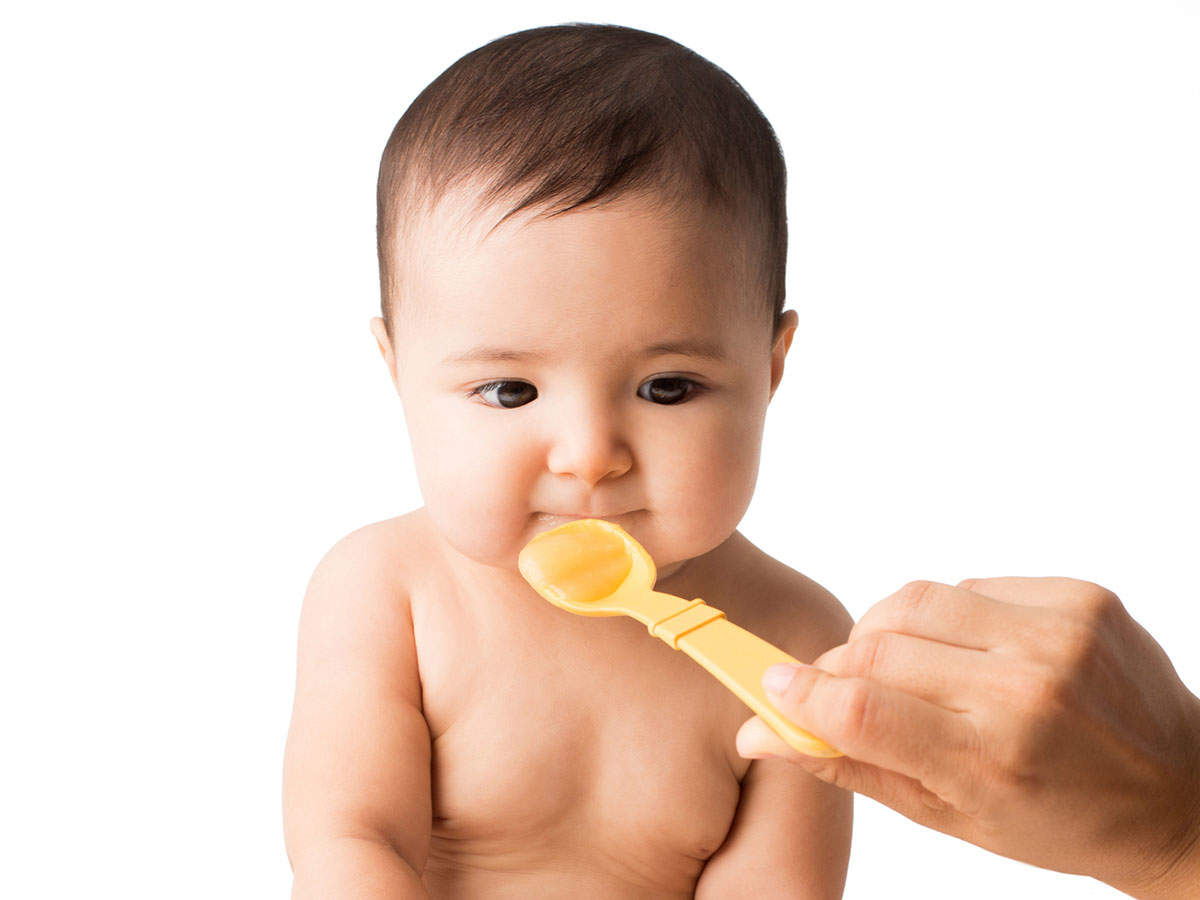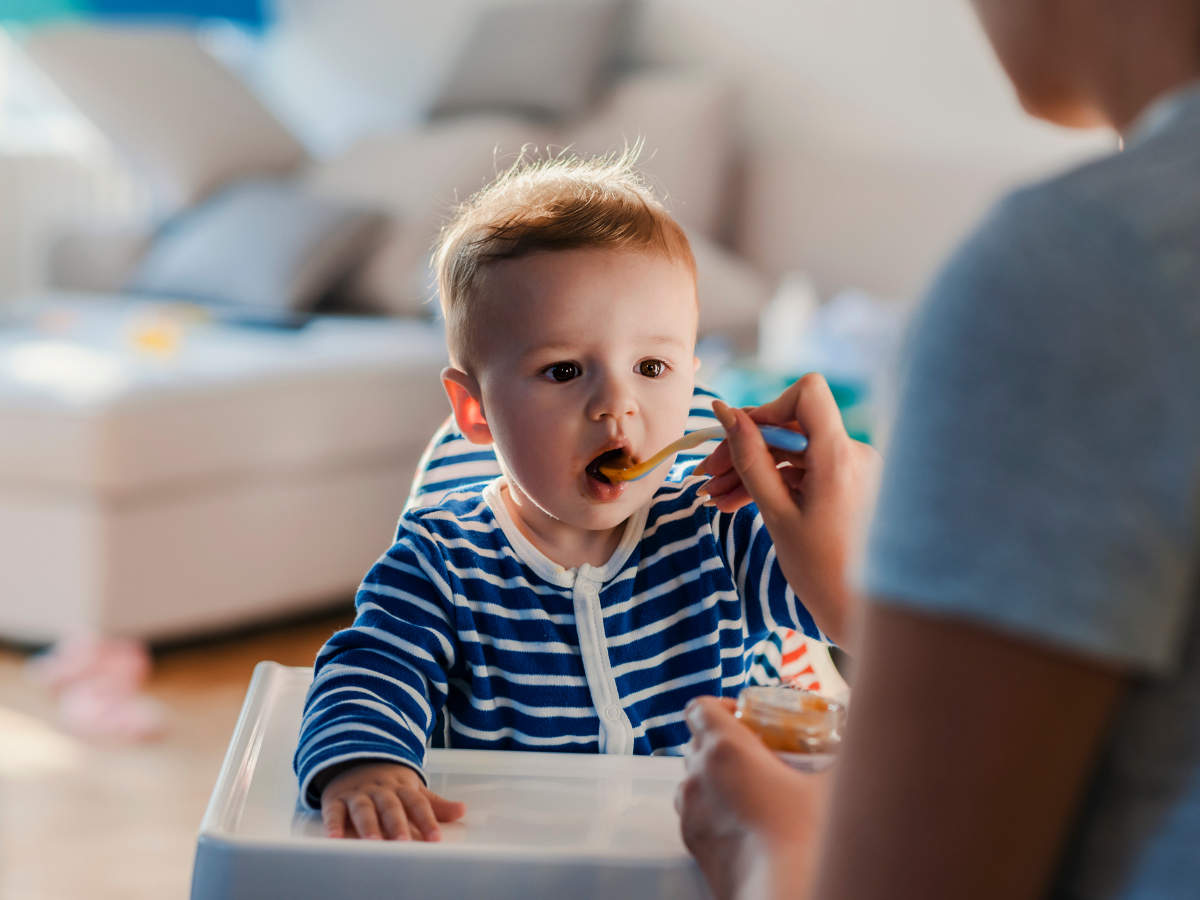Why Don't U Give Babies Honey
Avoid giving raw honey — even a tiny taste — to babies under age 1. Infant botulism has been associated with raw honey.

Why Cant Babies Eat Honey Or Can They Lets Take A Look
The main reason honey can be dangerous for babies is because of a certain type of bacteria, clostridium, that has potential to lurk inside.

Why don't u give babies honey. In a baby's undeveloped intestine it can grow and produce a toxin or poison, leading to infant botulism. Honey is one of the most common sources of botulism. Yes, babies younger than 1 year old should not be given honey.
When they’re introducing food, why can’t babies have honey? This means it may be potentially toxic. Babies under 12 months should not be given honey, because honey contains bacteria that an infant’s developing digestive system can’t handle.
It’s because of botulism—an illness caused by bacteria—that puts your baby’s digestive system at risk. Botulinum bacteria, which can produce a toxin in a baby's large intestine, leading to a rare but serious. Botulinum spores have multiplied and produced the toxin.
You should also avoid giving your baby any processed foods that are made with honey, such as honey graham crackers, for. However, children 2 years and older develop helpful bacteria in their intestines, which act as a defense against the harmful spores that can cause infant botulism. Why shouldn't infants eat honey?
Don't give your baby any honey before she's 12 months old, even if it's to treat a cough. Known for thriving in dust and soil, clostridium has the power to contaminate honey. It's found in soil but can also contaminate honey.
Some mothers coat their baby’s pacifiers with honey, to make them sweet. As unbelievable as it may sound, honey may become dangerous to an infant. Why can’t babies have honey?
Although honey is a delicious natural sweeter, it should not be fed to infants under one year of age because of the risk of infant botulism. Their digestive systems are simply too young to fight off the toxins. Eating honey can cause your baby to become ill with a condition called infant botulism.
Raw honey is unsafe because it contains clostridium botulinum, a bacteria that’s actually found in soil. On all honey jars, raw or commercially processed (found in supermarkets) we read this warning: Clostridium bacteria that cause infant botulism usually thrive in soil and dust.
Infant botulism can also occur if a baby eats food in which c. Botulism is the only thing that they can point to as a reason not to feed honey to infants. While this is an excellent remedy for both children and adults, honey should never be given to a baby under 12 months to cure his cough.
This can cause a rare form of food poisoning (botulism) in babies. Infants and babies under 12 months are at the highest risk of botulism. Honey shouldn't be given to a child under one as there is a small risk that it can contain spores of the clostridium botulinum bacterium which could cause infant.
It is unethical to do studies on babies and so there is little in the way of this information. Giving honey to young babies may increase their risk for botulism, a serious medical emergency. Check out this episode of brainstuff to learn more about the ef.
The problem with feeding honey to babies stems from their developing microbiome—the array of microorganisms, such as bacteria and archaea, that live inside and on humans and that assist in the regulation of diet and affect many bodily functions. But why shouldn’t babies eat honey? The babies immune system will only be as adequate as the mother’s is if that delivery is normal.
“not suitable for children under 1 year old.” if honey is that good, why can’t you give honey to babies, too? If an infant ingests the bacteria, it can multiply in the intestines. But for older kids and adults, people with mature digestive systems, the bacteria harmlessly passes through the body without enough time to cause any harm.
Babies under one year should never eat honey. This is because honey can, very occasionally, contain a spore of a bacterium called clostridium botulinum. You should not give infants and children under 1 year of age honey, or baby cereals containing honey, because of the danger of infant botulism.
However, you should not give honey to your baby if they are under the age of one. About 20 percent of botulism cases involve honey or corn syrup. In the united states, most honey products are labeled to indicate this, although the reason why is not spelled out, which confuses some consumers.
For this reason, parents have long been. Honey is a great natural sweetener, but it’s not recommended for babies under 12 months of age. This also applies to honey on soothers.
Many cough syrups also contain honey. Honey can cause botulism , which is a type of food poisoning, in babies under one year old. The reason that honey is unsafe for babies is a kind of bacteria called clostridium botulinum.
Why babies shouldn't suck on honey. They also can contaminate some foods — honey, in particular.
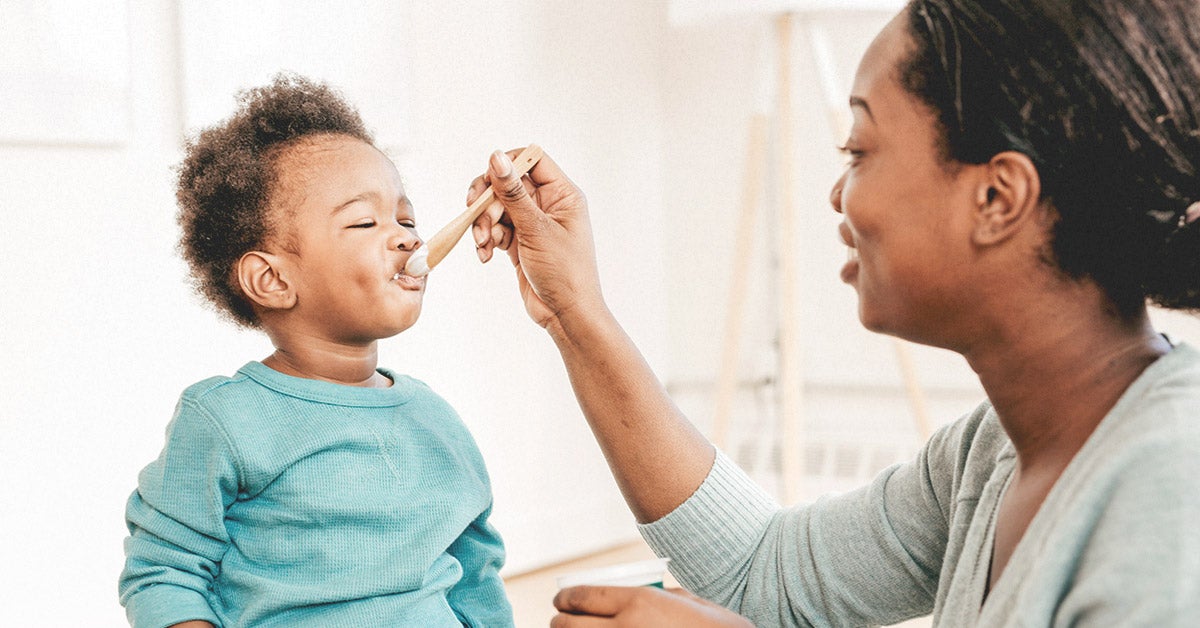
When Can Babies Eat Honey Risks Benefits And Tips

Busting The Myth Is It Safe To Give Honey To Your Newborn
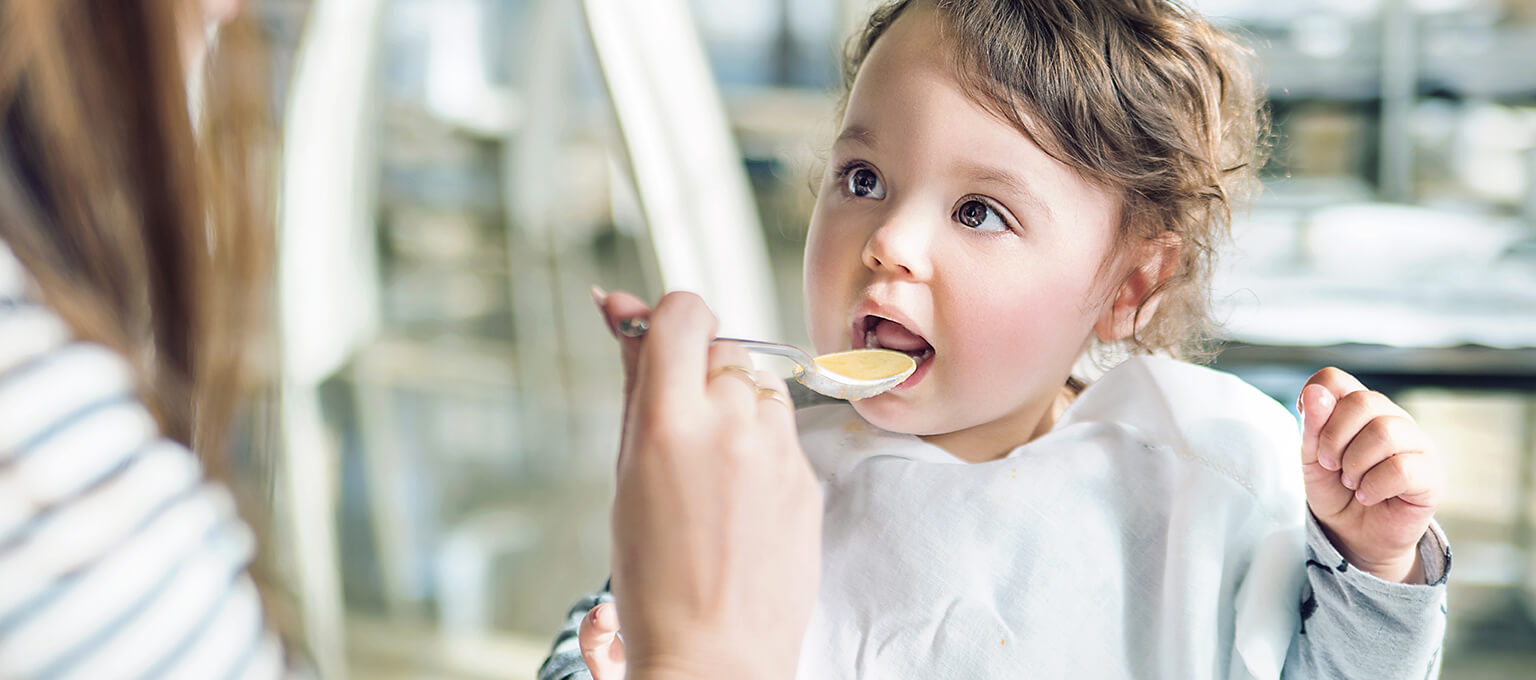
When Can Babies Have Honey Pampers
Babies Cant Eat Honey Because The Bacteria Can Cause Infant Botulism
Why Not Give Honey To Babies
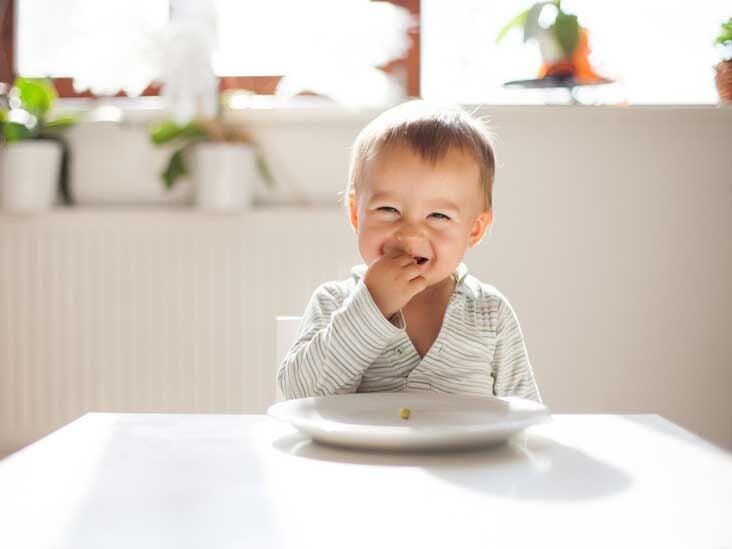
When Can Babies Eat Honey Risks Benefits And Tips

Im The Reason You Dont Give Babies Honey Kelli Tager
Hakim Suleman Khan - Dont Give Honey To Babies Honey Should Never Be Given To A Child Under The Age Of 12 Months Old It Should Not Be Added To Food
/122374131-56a059833df78cafdaa126ad.jpg)
When Is It Safe For Babies To Eat Honey

Why Cant Babies Have Honey And When Is It Safe - Purewow

Is It Safe To Give Honey To Babies - India Parenting
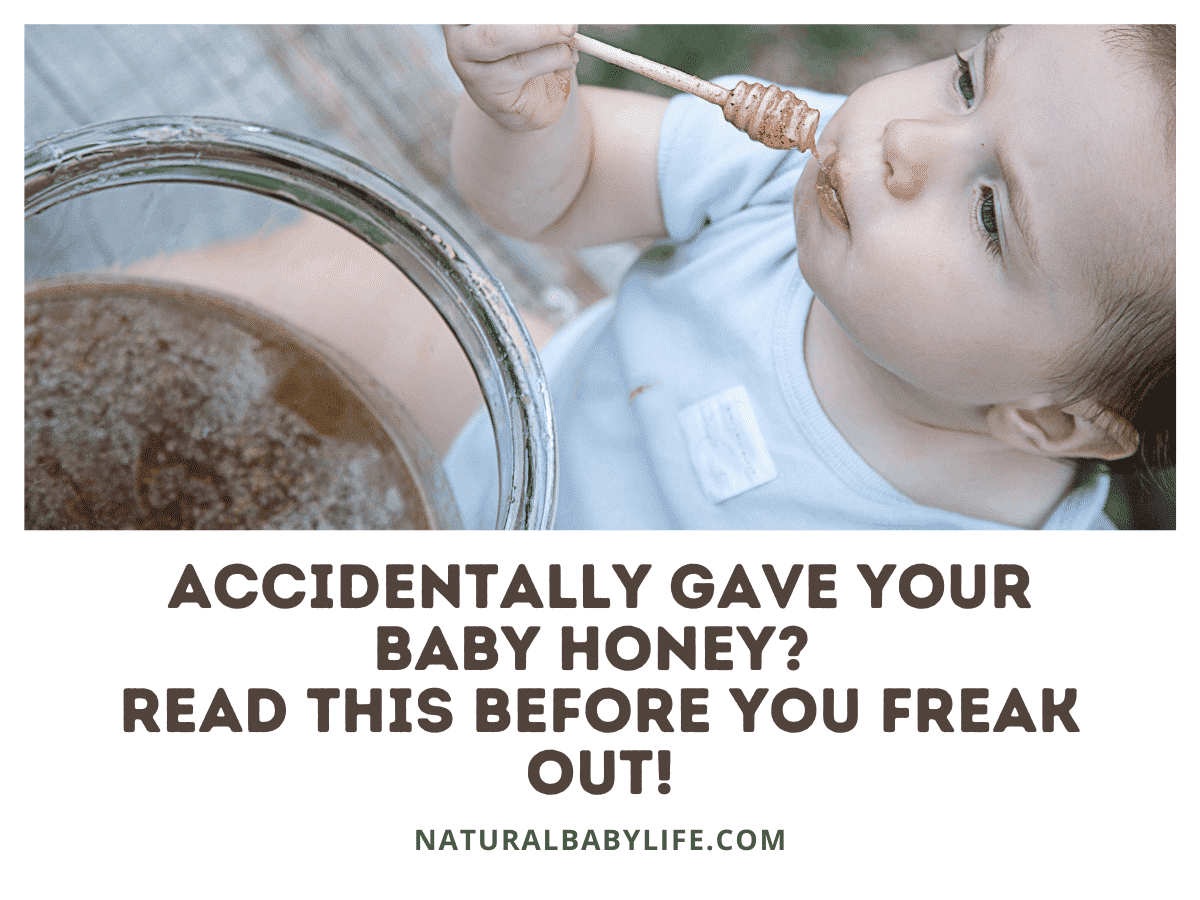
Accidentally Gave Your Baby Honey Read This Before You Freak Out - Natural Baby Life
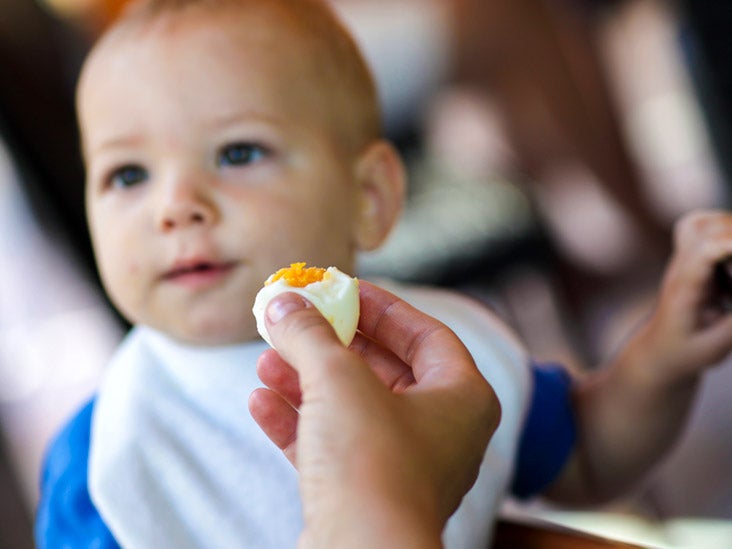
When Can Babies Eat Honey Risks Benefits And Tips
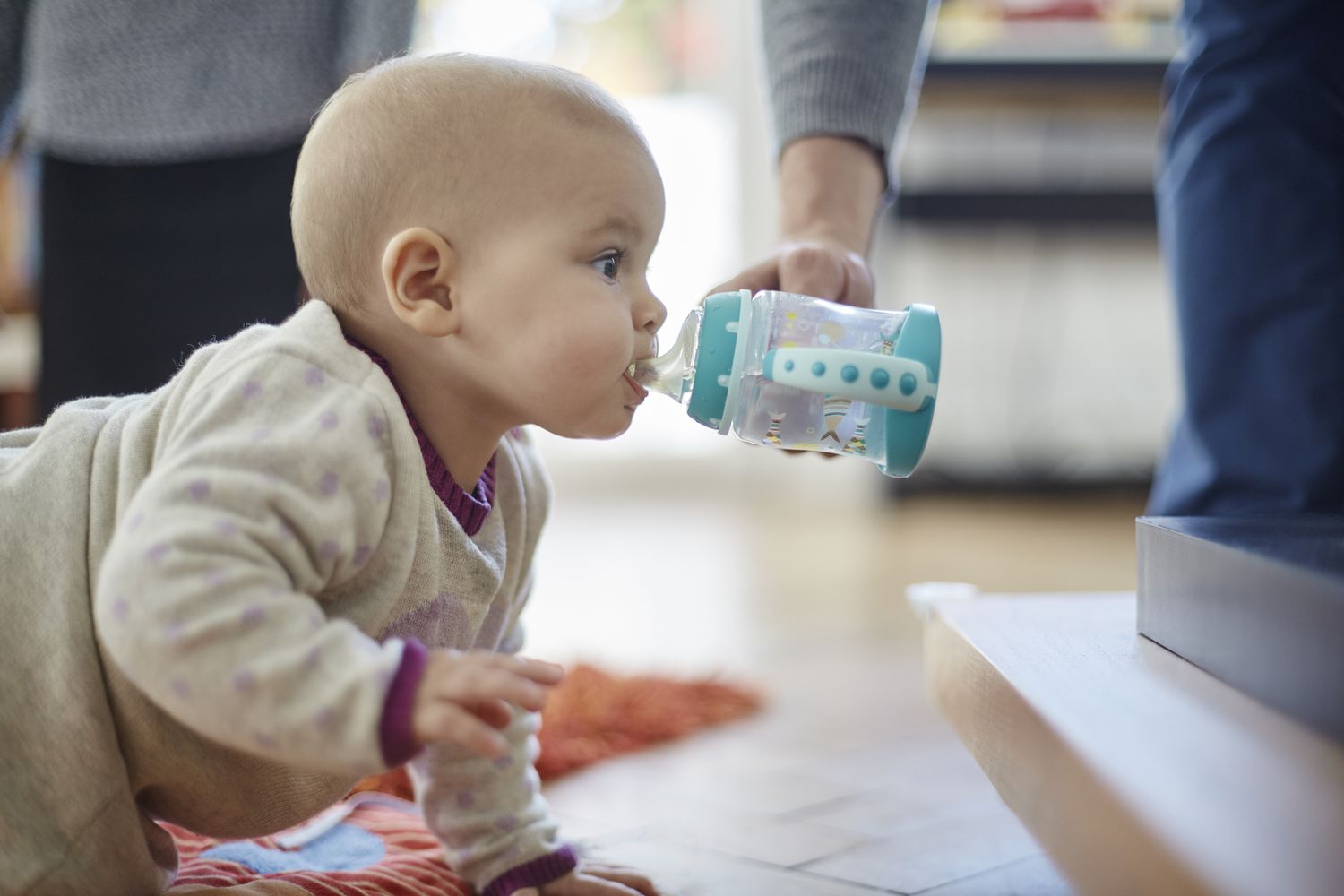
Why Cant Babies Have Honey Parents
What Happens If You Give Honey To Baby Why Should You Not Give Honey To Babies
The Real Reason Why You Should Not Feed Honey To Infants The Times Of India
/10197512-56a6fcf23df78cf772914ca4.jpg)
Can Babies Eat Honey The Dangers Of Botulism

Why Cant Babies Have Honey Parents
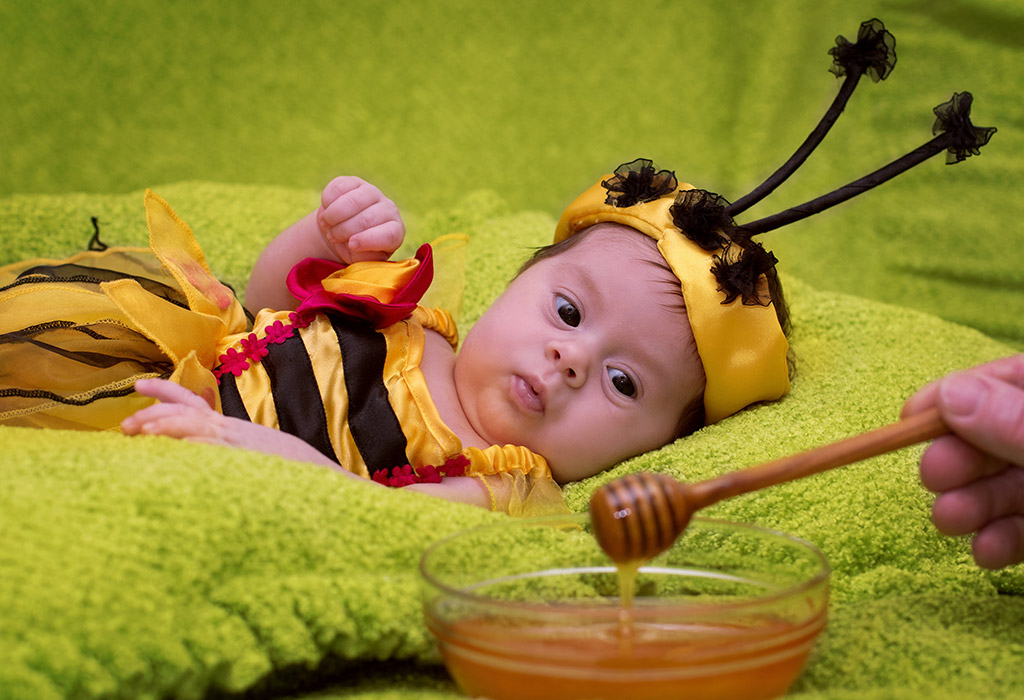
Honey For Infants- When To Introduce Benefits Risks

